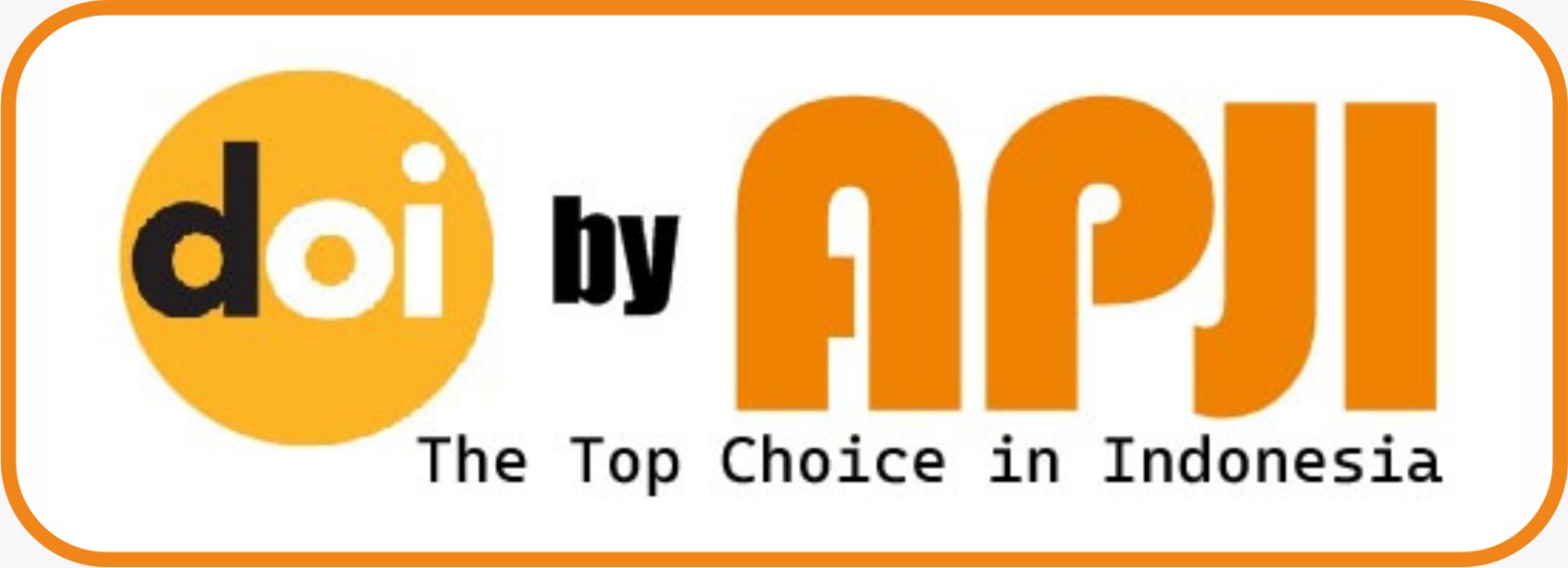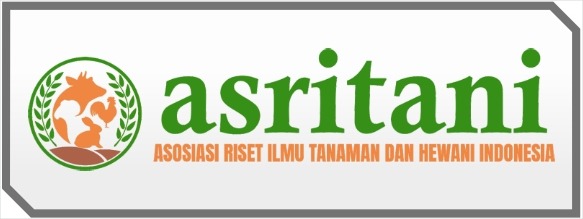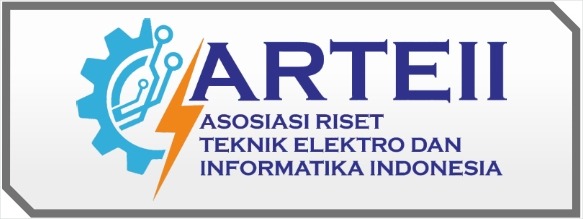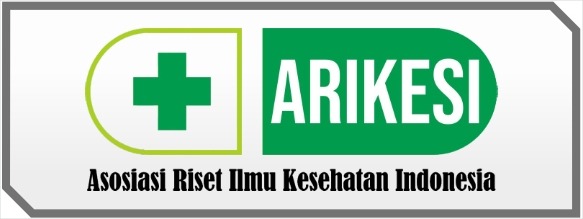Implementation of Blockchain Technology in UKTS Library: Challenges, Obstacles and Opportunities
DOI:
https://doi.org/10.69930/ajer.v1i2.89Keywords:
blockchain, library, implementationAbstract
Blockchain is a technology based on cryptography which uses the principle of distributed ledgers (distributed ledgers) distribution) provides a variety of advantages, especially in security matters. Use of distributed ledgers as the basis of blockchain technology turns out to be very similar to that concept
is very familiar among libraries, namely LOCKSS (Lots of Copies Keep Stuff Save). This is the meeting point between blockchain technology and libraries. Starting from here, possibilities open up for libraries to implement blockchain technology. Various potential applications of blockchain technology for libraries include: procurement and maintenance of library materials, innovation in circulation services, cataloging, guaranteed protection of personal data and library membership cards, e-book publishing, support for scientific publications and digital rights management, management special collections, research support, financial literacy and UKTS library analysis. However, on the other hand, there are also challenges and obstacles that accompany efforts to implement blockchain technology in UKTS libraries, including: limited knowledge of blockchain technology, challenges in being able to choose the right blockchain, the large costs that must be incurred by libraries starting from implementation costs, maintenance costs to the costs of developing the blockchain system itself, and the last and quite sensitive issue is that there are still some people in scientific circles who think that the issue of personal data security in the blockchain system is not completely safe.
References
Hamledari, H., & Fischer, M. (2021). Role of blockchain-enabled smart contracts in automating construction progress payments. Journal of Legal Affairs and Dispute Resolution in Engineering and Construction, 13(1), 04520038. doi:10.1061/(ASCE)LA.1943-4170.0000467.
Janssen, M., Weerakkody, V., Ismagilova, E., Sivarajah, U., & Irani, Z. (2020). A framework for analyzing blockchain technology adoption: Integrating institutional, market and technical factors. International Journal of Information Management, 50, 302-309. doi:10.1016/j.ijinfomgt.2019.08.012.
Helo, P., & Shamsuzzoha, A. (2020). Real-time supply chain—a blockchain architecture for project management. Computers & Industrial Engineering, 139, 105211. doi:10.1016/j.cie.2019.01.036.
Li, X., Jiang, P., Chen, T., Luo, X., & Wen, Q. (2020). A survey on the security of blockchain systems. Future Generation Computer Systems, 107, 841-853. doi:10.1016/j.future.2017.08.020.
Hughes, L., Dwivedi, Y. K., Misra, S. K., Rana, N. P., & Raghavan, V. (2019). Blockchain technology for the management of food safety: A review. Trends in Food Science & Technology, 91, 340-349. doi:10.1016/j.tifs.2019.07.017.
Ullah, F., Al-Turjman, F., & Mostarda, L. (2021). A conceptual framework for blockchain smart contract adoption to manage real estate deals in smart cities. Neural Computing and Applications, 33, 1997-2011. doi:10.1007/s00521-020-05067-7.
Donthu, N., Kumar, S., Mukherjee, D., Pandey, N., & Lim, W. M. (2021). How to conduct a bibliometric analysis: An overview and guidelines. Journal of Business Research, 133, 285-296. doi:10.1016/j.jbusres.2021.04.070.
Lu, W., Li, X., Xue, F., Zhao, R., Wu, L., & Yeh, A. G. (2021). Exploring smart construction objects as blockchain oracles in construction supply chain management. Automation in Construction, 129, 103816. doi:10.1016/j.autcon.2021.103816.
Casino, F., Dasaklis, T. K., & Patsakis, C. (2020). A systematic literature review of blockchain-based applications: Current status, classification, and open issues. Telematics and Informatics, 36, 55-8.
Xu, X., Chen, A., & Liu, C. (2020). Blockchain-based library management system. Journal of Library Administration, 60(4), 357-375.
Schollmeier, R., Sandner, P., & Hoffmann, D. (2020). Blockchain technology in library systems: Opportunities and challenges. Journal of Librarianship and Information Science, 52(3), 507-518.
Fotiadis, T. A., & Vagiona, D. G. (2021). Blockchain applications in libraries: A review of the current literature and future perspectives. Journal of Information Science, 47(5), 643-659.
Kuo, T. T., Kim, H. E., & Ohno-Machado, L. (2020). Blockchain distributed ledger technologies for biomedical and health care applications. Journal of the American Medical Informatics Association, 27(5), 729-738.
Li, J., Greenwood, D., & Kassem, M. (2021). Blockchain in the built environment and construction industry: A systematic review, conceptual models and practical use cases. Automation in Construction, 122, 103495.
Zheng, Z., Xie, S., Dai, H. N., Chen, W., Chen, X., Weng, J., & Imran, M. (2021). An overview on smart contracts: Challenges, advances and platforms. Future Generation Computer Systems, 105, 475-491.
Frizzo-Barker, J., Chow-White, P. A., Adams, P. R., & Mentanko, J. (2020). Blockchain as a disruptive technology for business: A systematic review. International Journal of Information Management, 51, 102029.
Yang, Y., Peng, Y., Liu, Y., & Chen, R. (2020). Blockchain-based trusted data sharing among trusted stakeholders in IoT. IEEE Transactions on Industrial Informatics, 16(9), 6132-6142.
Kumar, R., Tripathi, R., & Maity, M. (2021). Blockchain-based framework for secure and reliable land registry system. Materials Today: Proceedings, 45, 5396-5401.
Sun, J., Yan, J., & Zhang, K. Z. K. (2021). Blockchain-based sharing services: What blockchain technology can contribute to smart cities. Financial Innovation, 7(1), 15.
Iyer, S., & Dannenberg, R. (2021). Blockchain technology for music and libraries: A review of current and potential applications. Digital Library Perspectives, 37(4), 383-401.
Cai, W., Wang, Z., Ernst, J. B., Hong, N., Feng, C., & Leung, V. C. (2020). Decentralized applications: The blockchain-empowered software system. IEEE Access, 8, 5309-53023.
Kamilaris, A., Fonts, A., & Prenafeta-Boldú, F. X. (2020). The rise of blockchain technology in agriculture and food supply chains. Trends in Food Science & Technology, 91, 640-652.
Mukhopadhyay, U. (2020). Can blockchain technology transform education and libraries in the 21st century? Insights from higher education experts. Journal of Education for Library and Information Science, 61(2), 199-214.
Downloads
Published
How to Cite
Issue
Section
License
Copyright (c) 2024 Maria Atik Sunarti Ekowati, Darsini Darsini

This work is licensed under a Creative Commons Attribution-ShareAlike 4.0 International License.























